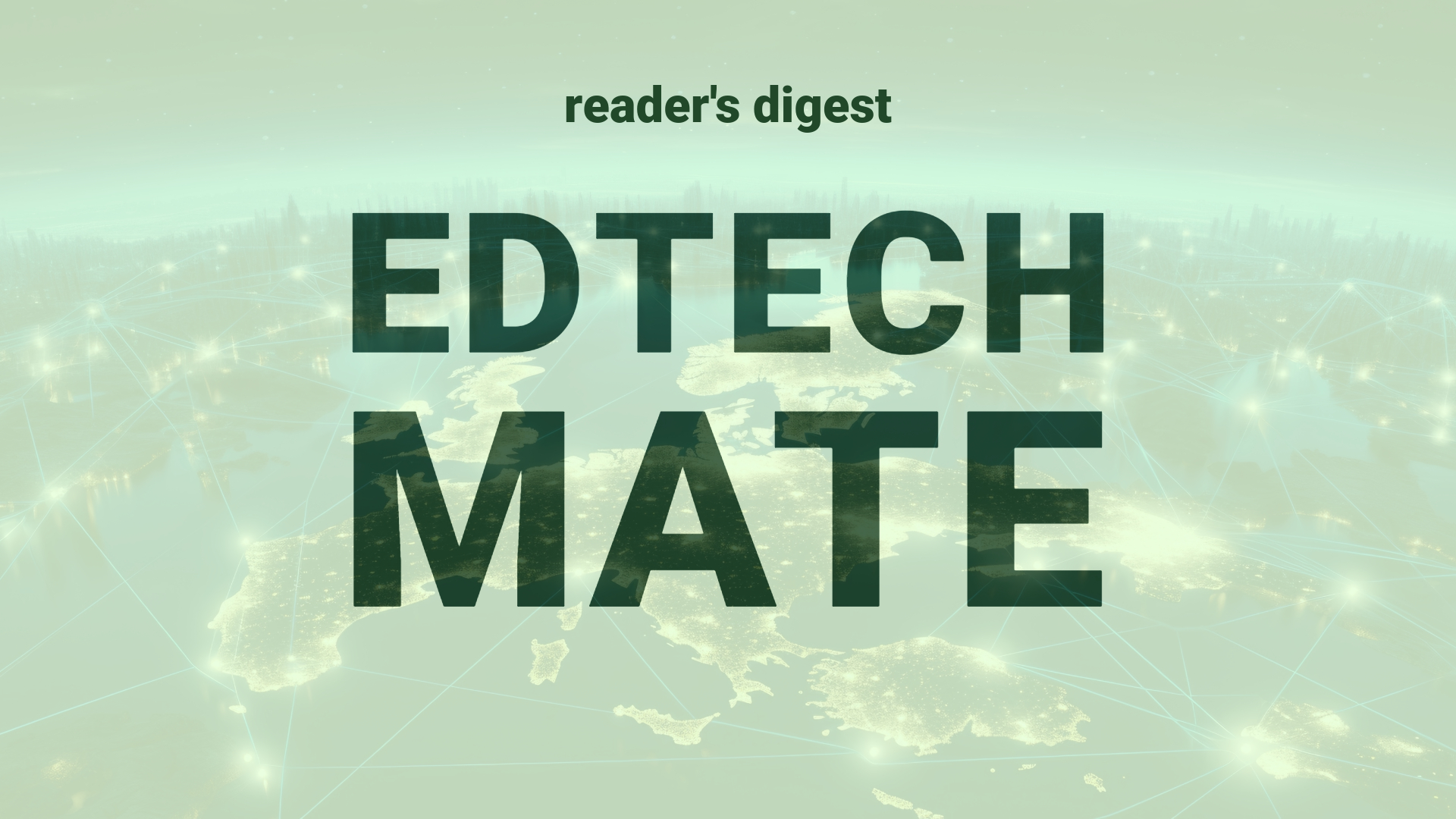Executive Summary and Main Points
In the arena of international higher education and digital transformation, key innovations pivot around implementing personalized strategies to support mental health in the workplace. Recognizing the diversity of mental health conditions such as anxiety, depression, ADHD, and bipolar disorder, professionals suggest tailored approaches to structure the workday that align with individuals’ natural rhythms and mental health needs. Emphasis is placed on understanding and utilizing accommodations provided by laws such as the Americans with Disabilities Act, as well as integrating healthy work habits to enhance productivity and mental resilience.
Potential Impact in the Education Sector
The trend towards accommodating mental health needs within the demanding environment of Further and Higher Education echoes the digitalization push – both seek to humanize and optimize individual capacities. Schools, universities, and providers of Micro-credentials must consider strategic partnerships with health professionals and digital tool developers to ensure that these institutions remain at the forefront of inclusive and compassionate educational practices. By acknowledging unique mental health challenges, educational leaders can set a global precedent for student and staff support, potentially improving academic outcomes and wellbeing.
Potential Applicability in the Education Sector
The integration of AI and digital tools tailored to address mental health needs can revolutionize student and staff experiences in global education systems. AI-driven applications could monitor individual productivity patterns, suggest optimal work structures, and identify when individuals might need to take a break or seek additional help, thus fostering supportive learning and working environments. Digital platforms can also facilitate access to mental health resources, creating an inclusive atmosphere that acknowledges diverse mental health needs.
Criticism and Potential Shortfalls
However, this digitalized approach towards mental health in education systems does not come without its critiques. International case studies reveal cultural and ethical implications, such as privacy concerns and the risk of over-reliance on technology at the expense of human interaction. Additionally, there may be unintended consequences of a ‘one-size-fits-all’ mentality when dealing with diverse socio-economic backgrounds and the stigmatization around mental health issues in different cultures. Consequently, a nuanced, ethically aware, and culturally sensitive approach is imperative.
Actionable Recommendations
To harness these technologies effectively, international education leaders should engage in open dialogues about mental health, encourage the exchange of best practices, and pilot projects that personalize workday structures using AI and digital tools. Recommendations include professional development programs that train educators in recognizing and supporting mental health needs, establishing clear policy frameworks around the use of AI for health-related purposes, and promoting an organizational culture that values mental health as much as academic and professional success. By doing so, the education sector can not only adopt but also shape the course of these pivotal changes in a responsible manner.
Source article: https://hbr.org/2024/05/make-your-workday-work-for-your-mental-health

